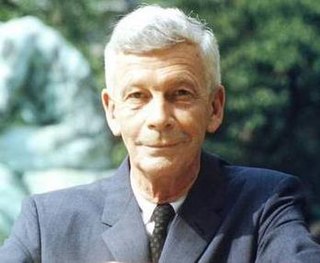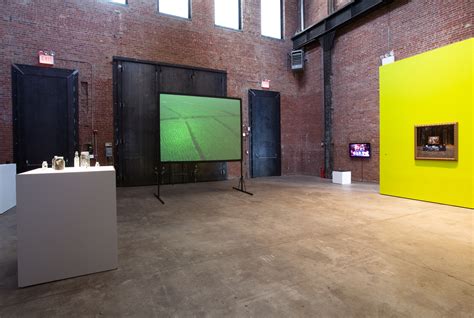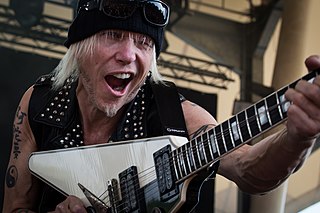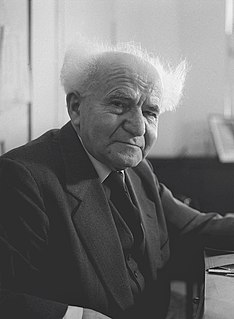A Quote by Mark Van Doren
The connectedness of things is what the educator contemplates to the limit of his capacity. No human capacity is great enough to permit a vision of the world as simple, but if the educator does not aim at the vision no one else will, and the consequences are dire when no one does.
Related Quotes
'When you have a lemon, make a lemonade.' That is what a great educator does. But the fool does the exact opposite. If he finds that life has handed him a lemon, he gives up and says, 'I 'm beaten. It is fate. I haven't got a chance.' Then he proceeds to rail against the world and indulge in an orgy of self-pity .
The acceptance of partition does not commit us to renounce Transjordan: one does not demand from anybody to give up his vision. We shall accept a state in the boundaries fixed today, but the boundaries of Zionist aspirations are the concern of the Jewish people and no external factor will be able to limit them.
After all, I quite naturally want to live in order to fulfill my whole capacity for living, and not in order to fulfill my reasoning capacity alone, which is no more than some one-twentieth of my capacity for living. What does reason know? It knows only what it has managed to learn (and it may never learn anything else; that isn't very reassuring, but why not admit it?), while human nature acts as a complete entity, with all that is in it, consciously or unconsciously; and though it may be wrong, it's nevertheless alive.
It is the political task of the social scientist — as of any liberal educator — continually to translate personal troubles into public issues, and public issues into the terms of their human meaning for a variety of individuals. It is his task to display in his work — and, as an educator, in his life as well — this kind of sociological imagination. And it is his purpose to cultivate such habits of mind among the men and women who are publicly exposed to him. To secure these ends is to secure reason and individuality, and to make these the predominant values of a democratic society.
We have to have a vision of the world we want to make in 100 years. And maybe when we have that vision, when we convince enough people that that is a realistic vision, and that the opposite vision is basically that if we don't do something in this 100 years, a hundred years from now this world is gonna be so destroyed, so raped and ravished that we won't HAVE much of a world to save.
Our Lord’s making of a disciple is supernatural. He does not build on any natural capacity of ours at all. God does not ask us to do the things that are naturally easy for us- He only asks us to do the things that we are perfectly fit to do through His grace, and that is where the cross we must bear will always come.
Opposing what's wrong is a halfway measure at best. A rebel must also have a vision for something better, a strategy for moving toward that vision and a capacity to rally and join with others in achieving it. If the anger that drives rebellion is not transformed into the hope that inspires movement communities, it will do more harm than good.
The difference between a good educator and a great educator is that the former figures out how to work within the constraints of traditional policies and accepted assumptions, whereas the latter figures out how to change whatever gets in the way of doing right by kids. 'But we've always...', 'But the parents will never...', 'But we can't be the only school in the area to...' - all such protestations are unpersuasive to great educators. If research and common sense argue for doing things differently, then the question isn't whether to change course but how to make it happen.






































